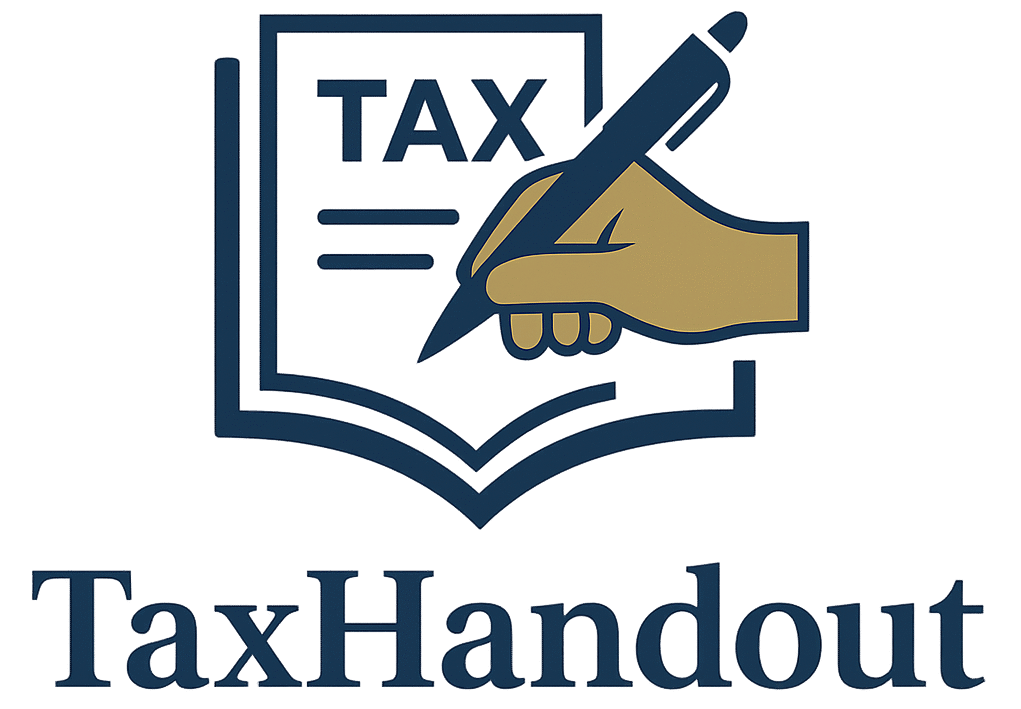Let’s understand something that is very important in GST but explained in simple words — the Taxable Event.
What is a Taxable Event?
A taxable event means the point in time when a tax becomes applicable. In GST, the taxable event is the “supply of goods or services”. This means GST is charged when something is supplied in exchange for payment.
Legal Reference:
- Section 9 of the CGST Act, 2017 – This section talks about the levy and collection of GST, stating that GST shall be levied on the supply of goods or services or both.
- Section 7 of the CGST Act, 2017 – It defines what “supply” means, including sale, transfer, barter, exchange, license, rental, lease, or disposal made for consideration.
Why is it important to understand the Taxable Event?
It is important because:
- It tells you when GST should be charged.
- It helps determine when to pay tax to the government.
- It ensures proper invoice generation and tax compliance.
Let’s take an example:
Suppose you are a clothing shop owner. A customer buys a shirt and pays for it. That sale is your taxable event, and GST must be applied and shown on the bill at that moment.
Even if the payment is made in advance or later, the law uses a concept called “Time of Supply” (covered under Section 12 and Section 13 of the CGST Act) to determine exactly when GST becomes payable.
Key Legal Sections to Remember
| Concept | Section/Rule Reference | What it Covers |
| Taxable Event | Section 9 of CGST Act | Levy and collection of GST on supply |
| Definition of Supply | Section 7 of CGST Act | What all is included under “supply” |
| Time of Supply | Section 12 & 13 of CGST Act | When GST becomes payable (goods/services) |
| Value of Supply | Section 15 of CGST Act | How to determine the value on which GST applies |
Conclusion
In GST, the Taxable Event is the supply of goods or services for a consideration. It’s the moment when GST gets triggered. Knowing this helps businesses collect the right amount of tax and file returns correctly.
